How we manage software development projects at DevProvider
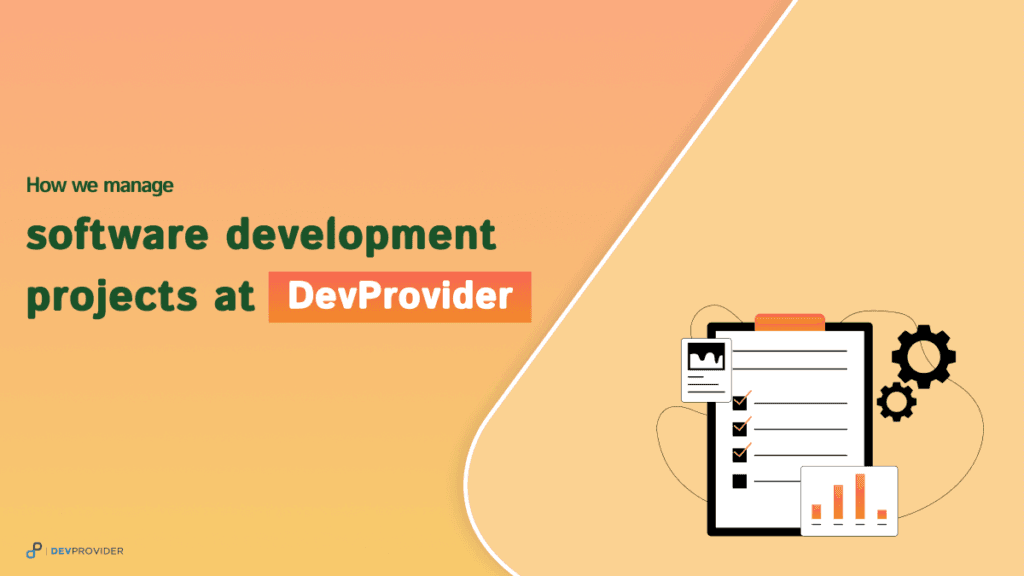
In the ever-evolving world of software development, managing projects efficiently is crucial to delivering high-quality products on time and within […]
A Dedicated IT Team Solution from DevProvider
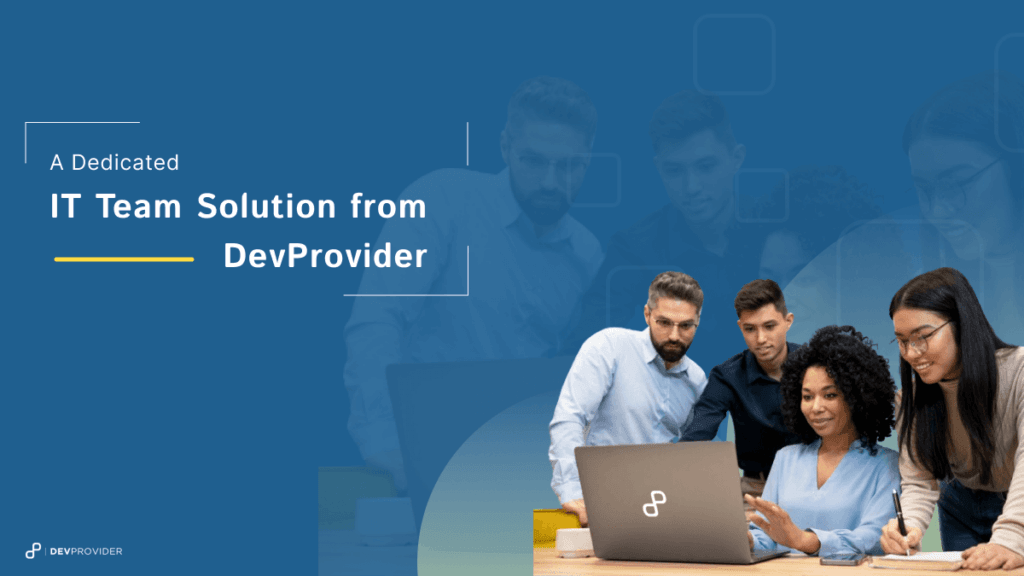
A Dedicated IT Team Solution DevProvider is a leader in providing resilient technical support through our long-term Dedicated Team model. […]
Single Resource Staffing Model
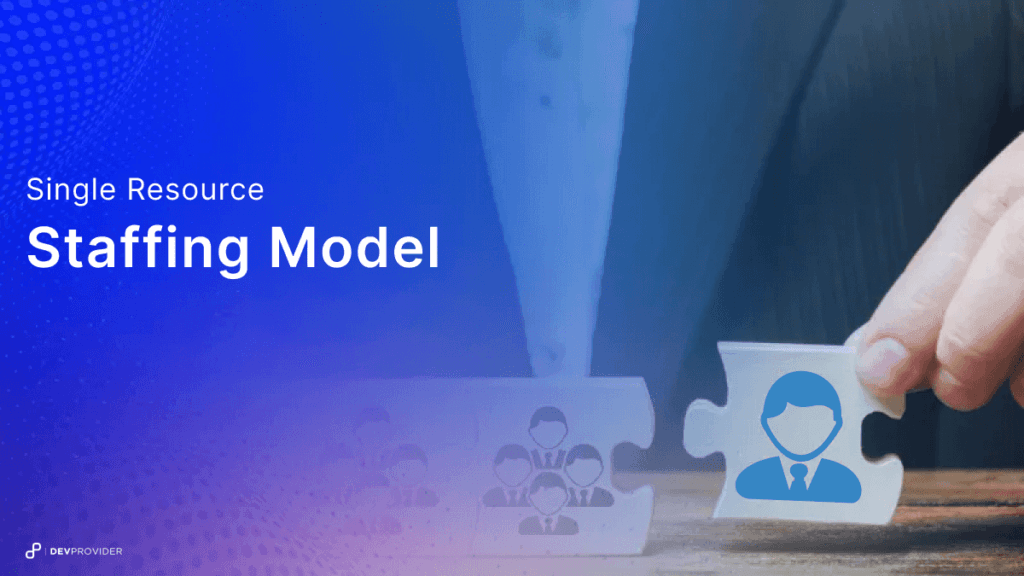
In today’s fast-paced and ever-evolving business environment, finding the right talent quickly can be a game-changer. DevProvider’s Single Resource Staffing […]
DevProvider’s Strategies of Conflict Resolution in the IT Workplace
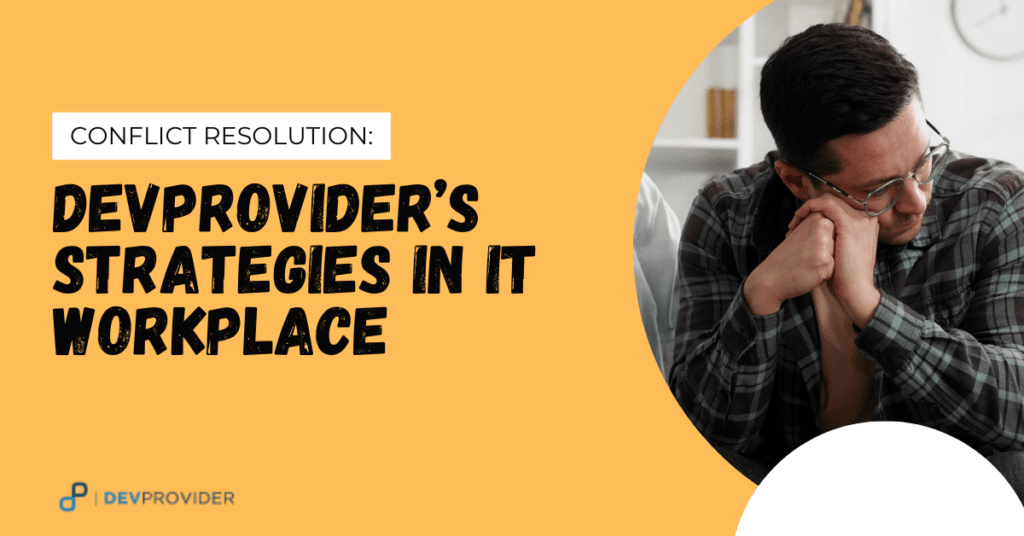
Overview As both employers and employees over the past decade, we’ve witnessed our fair share of workplace conflicts. While disagreements […]
IT Staff Augmentation: Pros and Cons
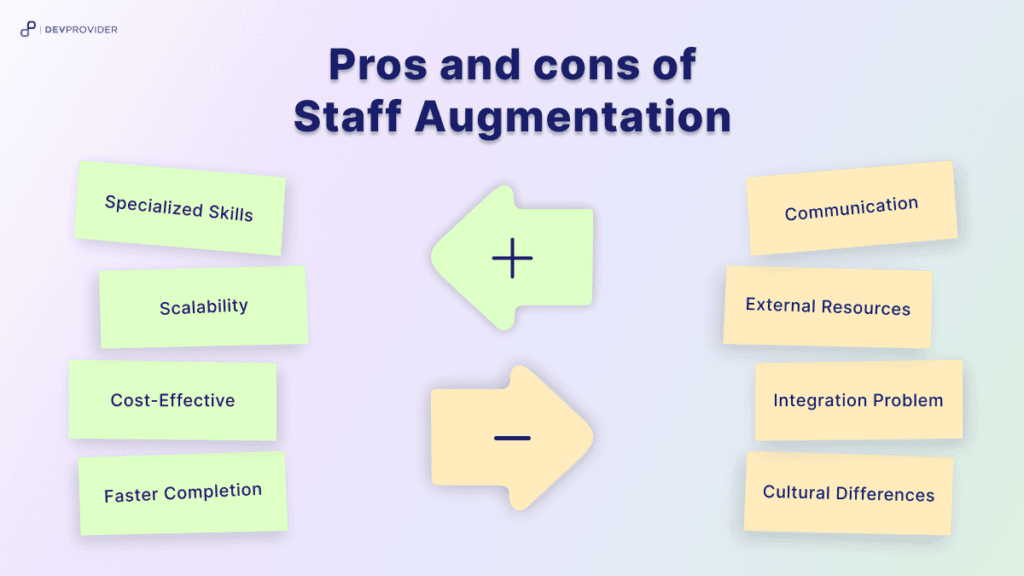
In today’s fast-paced world, technology is everywhere and the need for skilled IT professionals is high. However, finding and hiring […]
10 steps for the employee offboarding process

In today’s digital era, employee offboarding presents new dimensions and challenges. As technology continues to shape the way we work, […]
Steps to hire remote developers
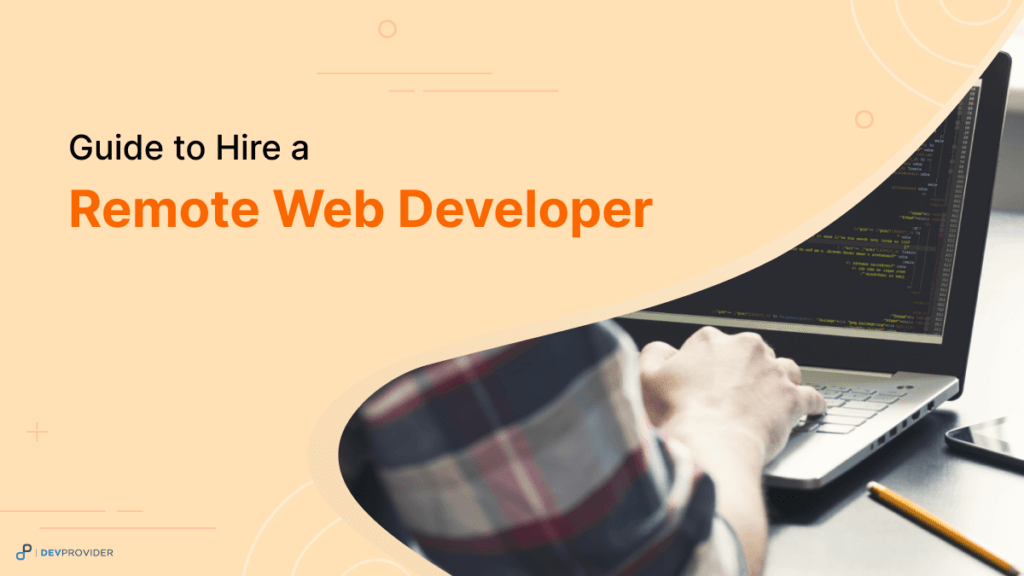
As the global workforce continues to embrace remote work, businesses are presented with a wealth of opportunities to tap into […]
Best Websites to Hire Web Developers Remotely
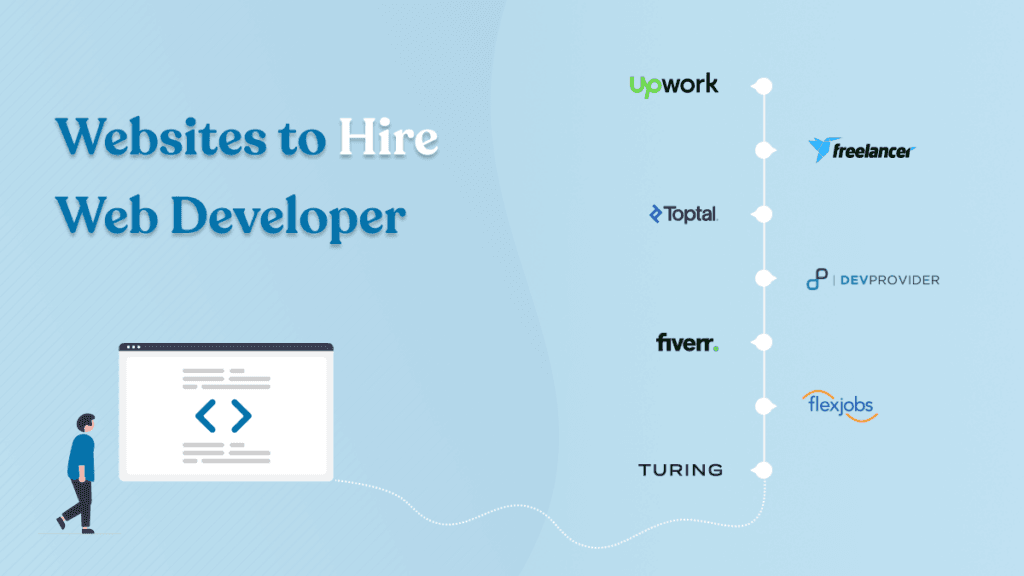
Introduction In today’s globalized world, businesses of all sizes are increasingly turning to remote work arrangements. This trend has extended […]
Upgrading to fabric 2.0
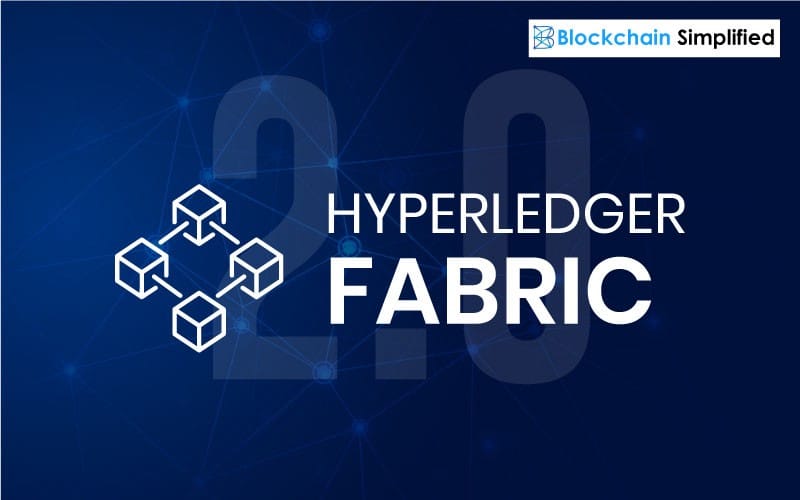
If you are familiar with previous releases of Hyperledger Fabric, you’re aware that upgrading the nodes and channels to the latest version of Fabric is, at a high level, a four step process.
Backup the ledger and MSPs.
Upgrade the orderer binaries in a rolling fashion to the latest Fabric version.
Upgrade the peer binaries in a rolling fashion to the latest Fabric version.
Update the orderer system channel and any application channels to the latest capability levels, where available. Note that some releases will have capabilities in all groups while other releases may have few or even no new capabilities at all.
For a look at how these upgrade processes are accomplished, please consult these tutorials:
Upgrading your components. Components should be upgraded to the latest version before updating any capabilities.
Updating the capability level of a channel. Completed after updating the versions of all nodes.
Enabling the new chaincode lifecycle. Necessary to add organisation specific endorsement policies central to the new chaincode lifecycle for Fabric v2.0.
As the upgrading of nodes and increasing the capability levels of channels is by now considered a standard Fabric process, we will not show the specific commands for upgrading to the newest release. Similarly, there is no script in the fabric-samples repo that will upgrade a sample network from the previous release to this one, as there has been for previous releases.
The new features of hyperledger fabric v2.0
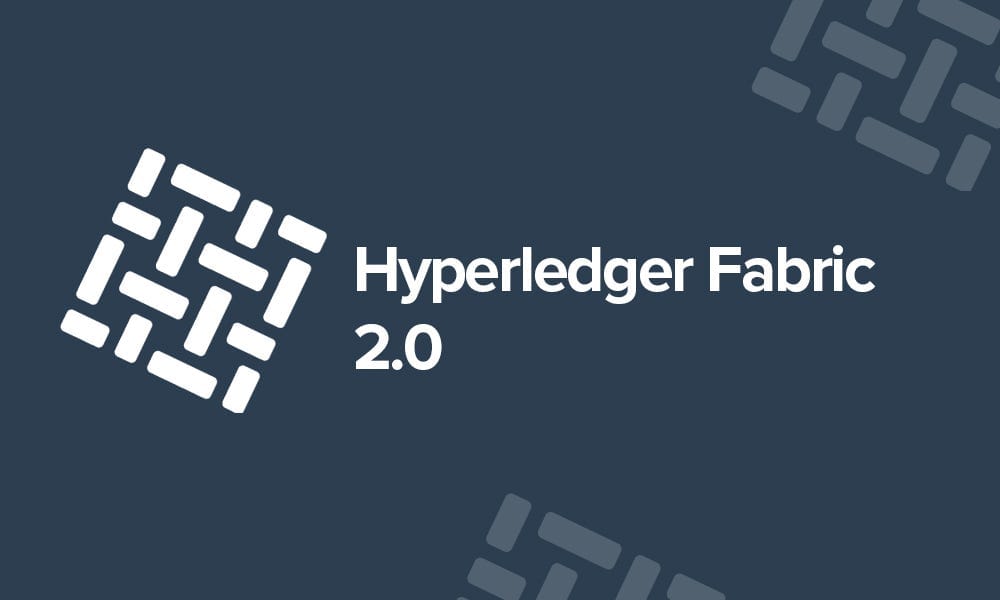
Hyperledger Fabric has recently launched the most major release and went from v1.4 to Fabric v2.0. It delivers important new features and changes for users and operators alike, including support for new application and privacy patterns, enhanced governance around smart contracts, and new options for operating nodes.
The ability to upgrade network components on your own terms, with support for rolling upgrades from v1.4.x, and the ability to enable the new capabilities only when member organizations are ready remains in the new update.

